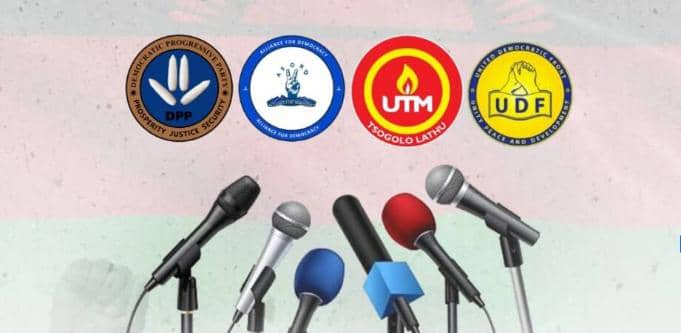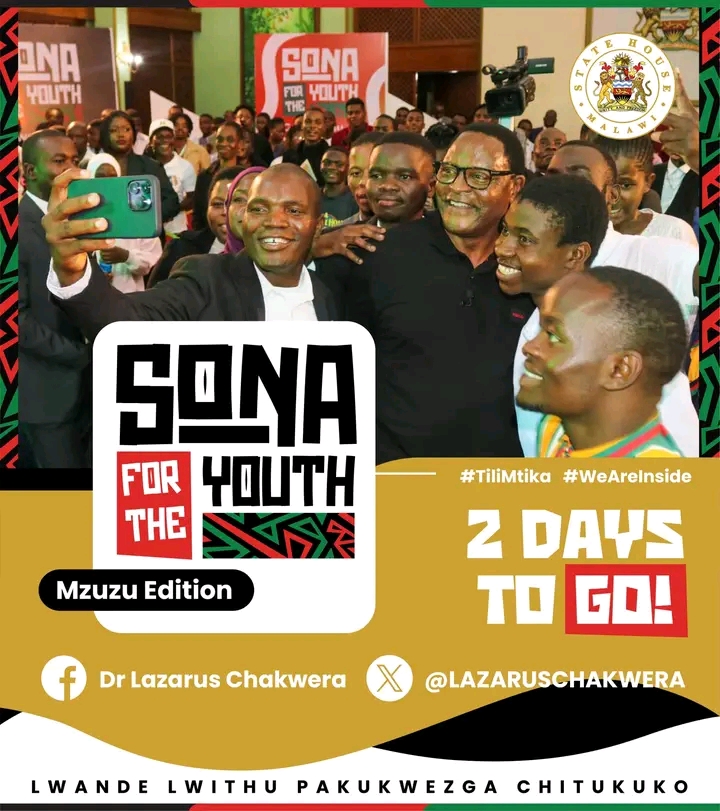By Burnett Munthali
In recent developments, discussions around the Malawi Electoral Commission (MEC) and the use of Smartmatic technology have intensified, with significant political implications. The controversy surrounding the deployment of the Smartmatic system has sparked debates not only among political parties but also in various sectors of society, as concerns about its reliability and transparency continue to grow.
The debate reached a new height following recent comments related to the system’s use in Malawi’s elections, with some political figures questioning the involvement of Smartmatic and its potential influence on electoral outcomes. These discussions have raised alarms about the integrity of the voting process, particularly in light of the past political history involving key figures like John Tembo, whose legacy has now become entangled in this national debate.
Critics have highlighted that the Smartmatic system, which has been introduced to modernize the electoral process, may have the unintended effect of fostering distrust, especially in a climate of heightened political tensions. Some argue that the technology could be used to manipulate voting patterns or undermine the public’s confidence in the democratic process.
This has also led to calls for transparency regarding the technology’s capabilities and how it is being used to manage electoral results. The software embedded in the Smartmatic machines has become a focal point of suspicion. Political analysts argue that without clear and open information about the software’s operations, the electoral process may remain vulnerable to manipulation.
The Role of Former President Bakili Muluzi
The involvement of influential figures, such as former president Bakili Muluzi, further complicates the situation. Muluzi’s association with political factions opposing the current administration has added to the complexity of the issue. The debate surrounding Smartmatic has become as much about political loyalty and historical allegiances as it is about technology itself.
Muluzi’s political influence is significant, and his views on the use of Smartmatic have garnered attention from all sides of the debate. His positions, both as a former head of state and a prominent political figure, add weight to the calls for a deeper examination of the integrity of the voting system, especially concerning the use of Smartmatic.
As the controversy deepens, it’s clear that political players are becoming increasingly divided over the question of whether Smartmatic is a necessary advancement for Malawi’s electoral system or whether it poses a risk to the transparency and fairness of elections.
The Road Ahead: Trust and Transparency in Elections
Ultimately, the public’s confidence in the electoral system will play a crucial role in how these debates unfold. As the conversation continues to evolve, it is essential for the government, political parties, and civil society to ensure that the electoral process remains fair, transparent, and free from manipulation. Ensuring open access to information about the technology and its software will be vital to securing the trust of the electorate.
The situation remains fluid, and with the election season fast approaching, it is likely that the debate over Smartmatic and its involvement in Malawi’s elections will become even more heated. The outcome of these discussions could have far-reaching consequences for the future of democracy in Malawi.




